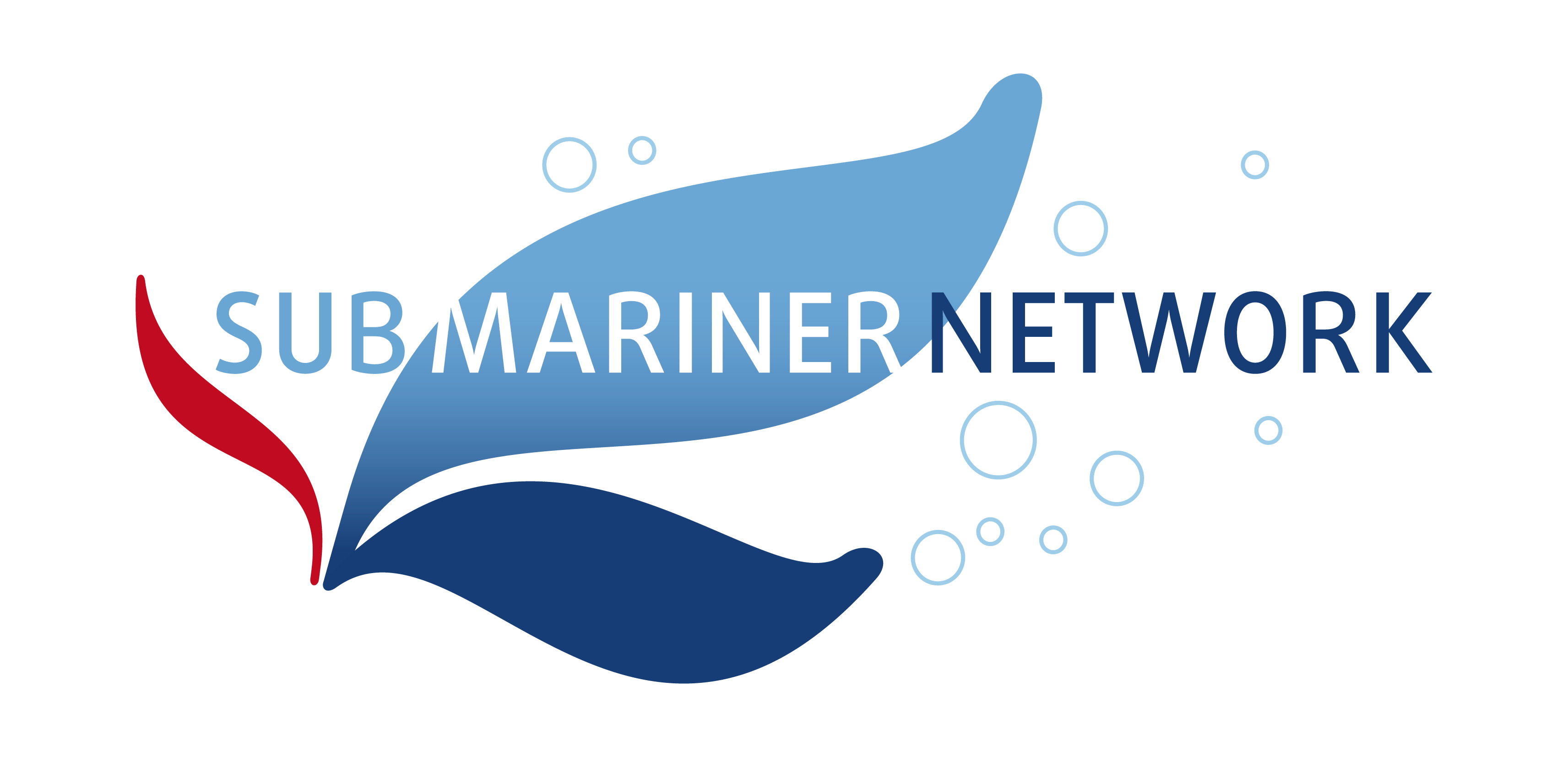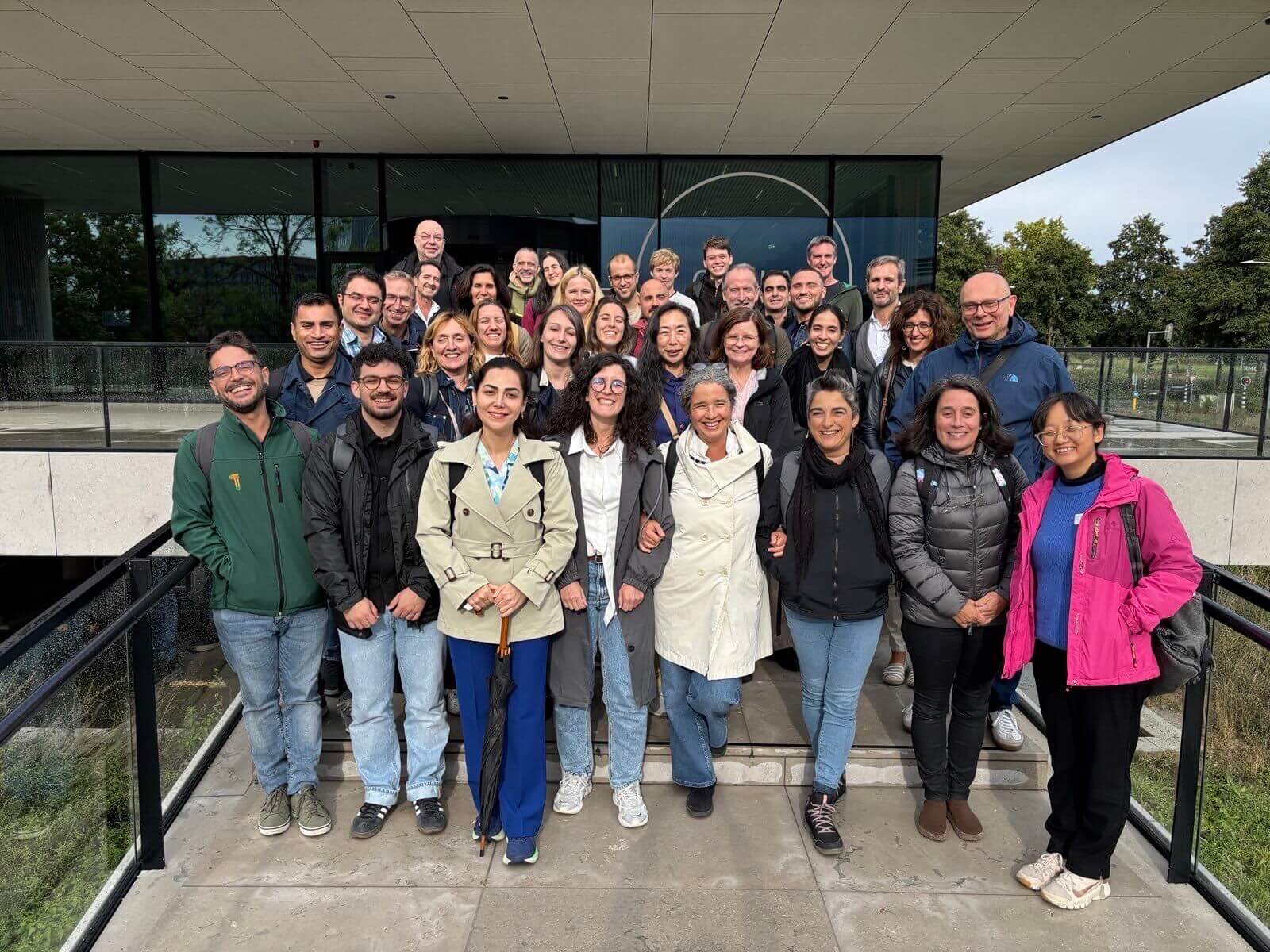This BlueMissionBANOS project deliverable 5.2 presents a comprehensive analysis and validation of key performance indicators (KPIs) considered to be essential for establishing and monitoring a sustainable blue economy in the BANOS (Baltic and North Sea) area. It contributes towards providing a robust initial framework for measuring and promoting the EU Mission: Restore our Ocean and Waters sectors, namely aquaculture, energy, waterborne transport, ports, and multi-use activities. The deliverable provides definitions of KPIs, including sector specific definitions and a sustainability framework, enabling detailed exploration of outputs, outcomes, and impacts within the sustainable blue economy.
The report capitalizes on BlueMissionBANOS project deliverable 5.1 (“Sustainable, Climate Neutral and Circular Blue Economy in the BANOS Area: Current Status and Assessment and Monitoring Approaches”). It is based on a systematic co-creation approach, which was applied to formulate and validate the 10 most essential KPIs for each sector in the BANOS area. This involved the mapping of existing KPIs through stakeholder consultations and expert workshops. The consultation and interactive workshop processes ensure that the KPIs presented in this report are validated and crosschecked by relevant stakeholders and aligned with available data sources.
All together 50 sector-specific KPIs (10 per sector) were identified. In addition, six general KPIs (applicable to multiple blue economy sectors) are presented. Available online data sources were identified for 18 of the 50 validated KPIs, revealing the need for improvements in data collection, curation, access, and harmonisation in each sector across the BANOS area. These results highlight the importance of ongoing monitoring and adaptation to ensure these indicators remain relevant and effective in promoting the sustainability of these rapidly developing sectors.
The report also identifies future monitoring needs and qualitative KPIs, along with the criteria for KPI selection to be used in future to set the recommendations on how to formalise the monitoring approach. These guidelines and strategies for the implementing of KPIs will ensure they can be effectively integrated into policy and practice to monitor and promote a sustainable ocean economy. Finally, the report provides principles for establishing a baseline for the sustainable blue economy in the BANOS area, serving as a reference point against which progress can be measured.
The work will continue with BlueMissionBANOS task 5.4 that aims to provide recommendations for future monitoring framework in BANOS area and identify potential means how to transfer the monitoring practises to other European sea basins.



